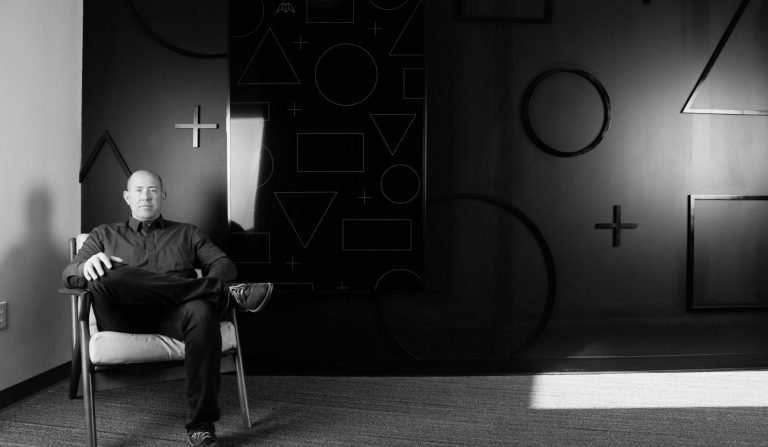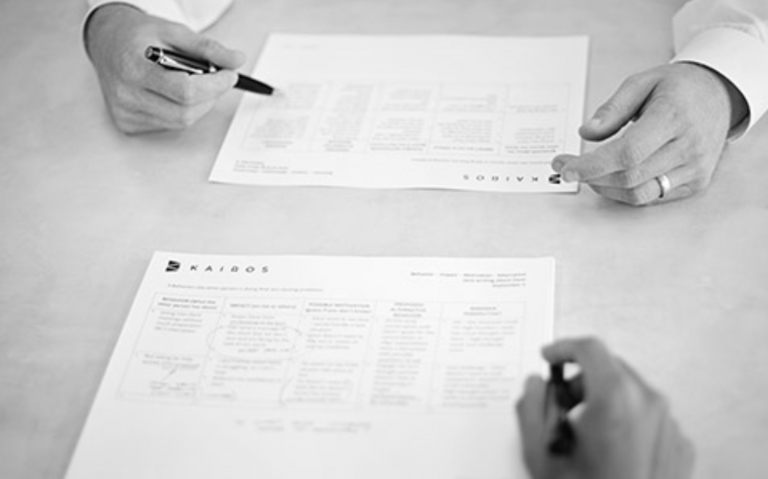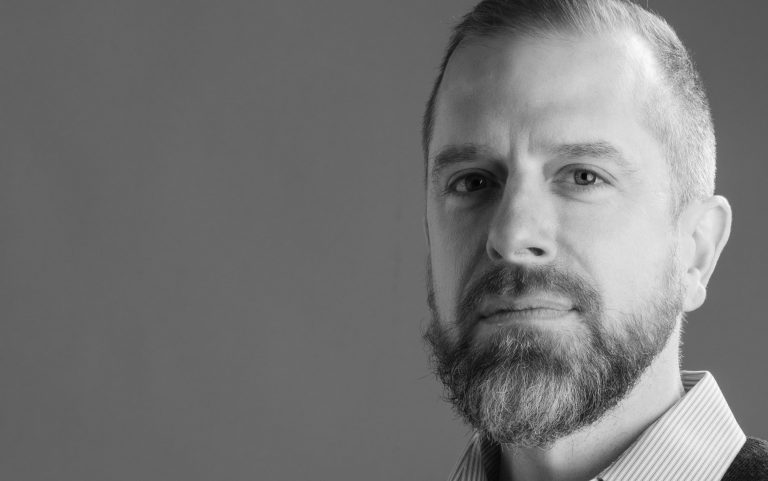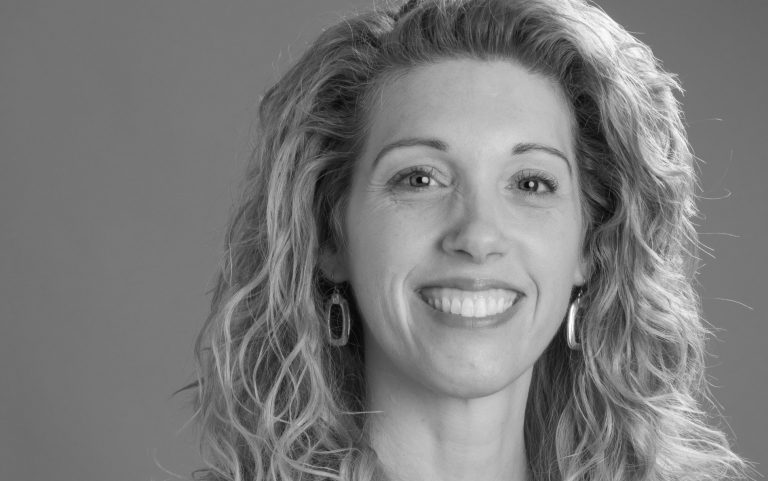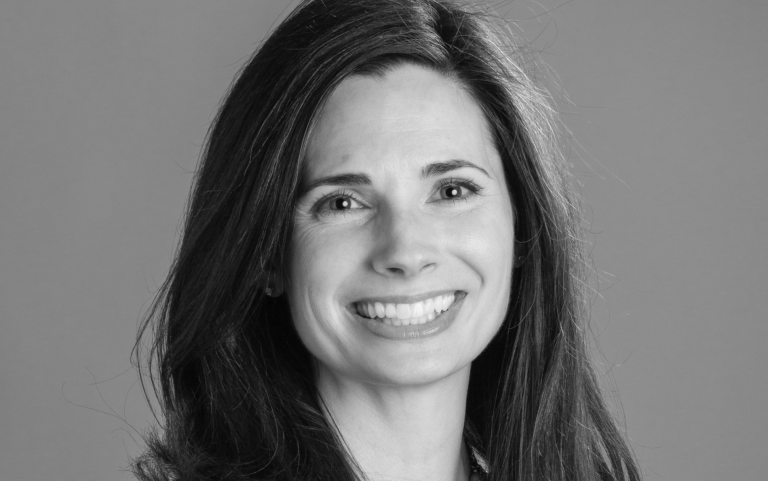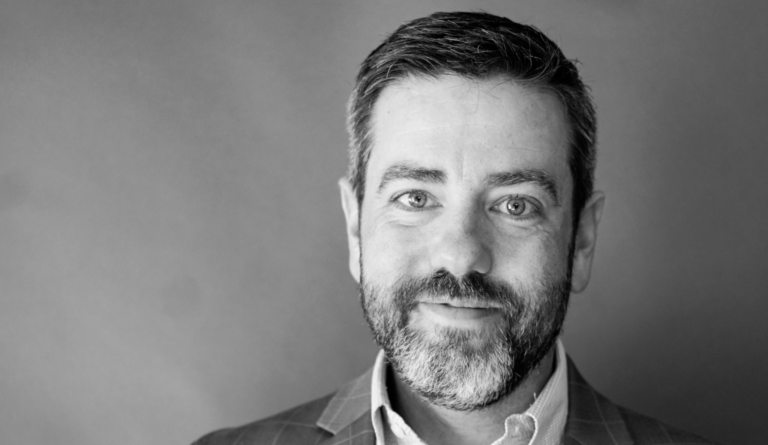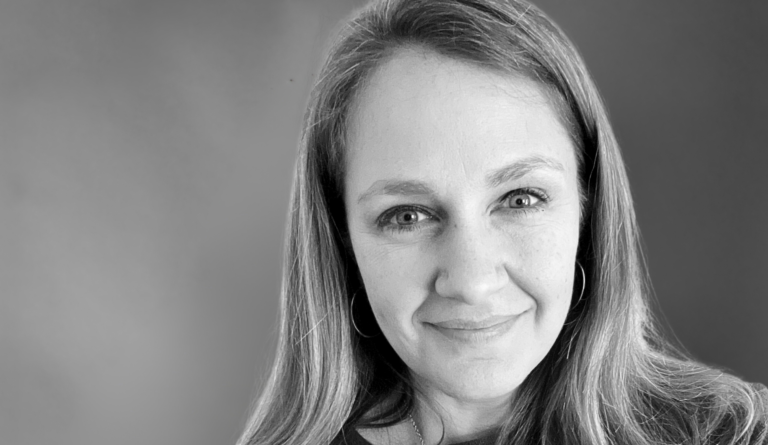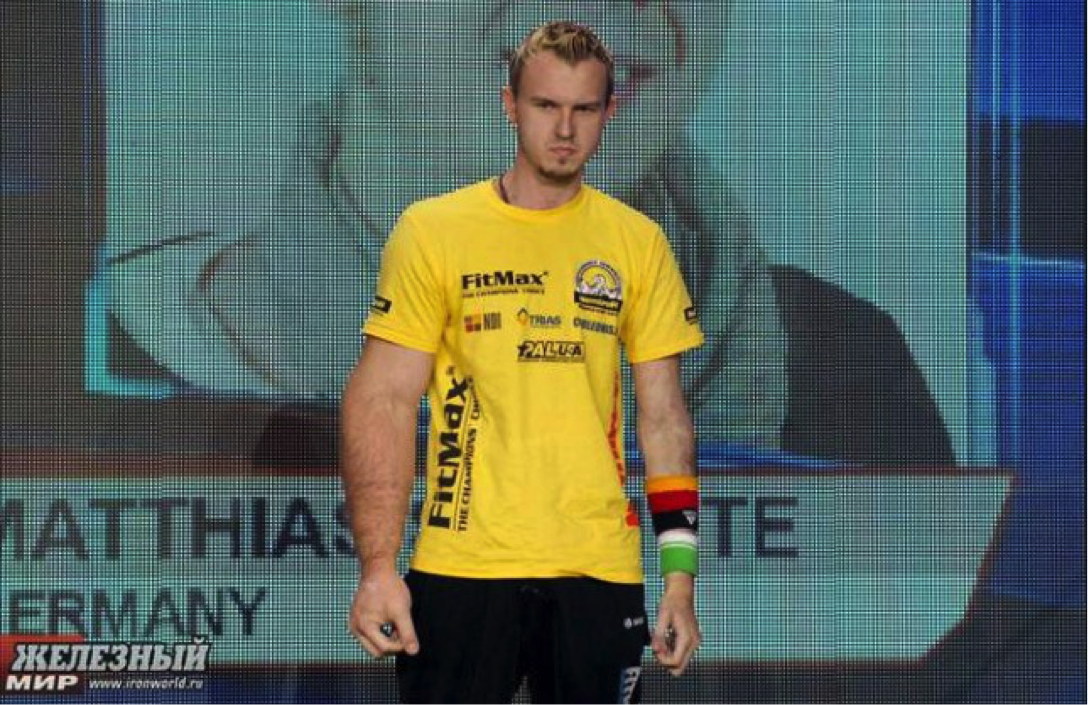Matthias Schlitte is a German professional arm-wrestler. He was born with a genetic bone disorder that made his right arm naturally larger than his left. His training objective is to build as much strength and muscle mass as possible in his larger arm, but keep the rest of his body (including his left arm) relatively trim, so he can compete in a lighter weight class. In the gym, he develops his right arm twelve hours a week.
All humans are on a journey of maturation. We continue to grow throughout our lives, hopefully until the day we die. I’ve found that these journeys are not linear. Much like Matthias, we develop asymmetrically.
When I was a toddler, I didn’t like being controlled. I didn’t respond well to “no.” Once, my mother told me not to touch a hot electric stovetop. I looked at her, jutted my jaw out petulantly, and slapped my hand down on the burner. Two weeks later, after the burns healed, she gave me the same admonition. I responded just as before, resulting in another set of painful burns.
I was just a foolish child. Now I’m a grown man. Surely I’ve learned to take “no” better, right?
Three weeks ago, my wife Kim and I went to Bluebeard restaurant (a “hip setup for creative sharing plates”). The hostess showed us to a table I didn’t like. I asked her if we could have another table. She said, “No, we need to save those other tables for larger parties.” Guess what I did next. And it almost ruined my date.
In some areas of my maturity, I act my own age. For example, I take pretty good ownership of my diet and exercise. In other areas, it seems to me that I have matured beyond my chronological age. I appear wise when I intuitively help others discover their own blind spots, for instance. But in other areas, I act much younger. Tell me “no,” and my reaction will look a lot like pre-teen Chip.
I don’t sabotage relationships when I’m operating out of areas of health and “76-year-old” maturity. I self-sabotage when I act twelve.
There are reasons we develop asymmetrically. Our growth has been stunted in some areas because of trauma (wounding or inattention). In other areas, we grow quickly because of nurture, patient counsel from others, and intentional submission to the discomfort of growth.
Our immaturity is understandable, but not excusable. I’m still on the hook for continuing to mature, especially in the areas that cause trouble for my friends, family, and work colleagues. We can have compassion for each other’s immaturities, but that doesn’t mean we ignore them.
Sometimes I’m aware of my immaturities, and sometimes not. When I’m oblivious, it can be very helpful to have people in my life who tell me the uncomfortable but kind truth.
Once I’ve discovered my own areas of stunted growth, the key is not to “white knuckle” my behaviors into something that looks like maturity. Rather, the key is to actually grow. This looks like a healing journey to wholeness that includes dealing with past wounds. And here again, it is most helpful to have others accompany me on my path of maturation, instead of traveling alone.
So, I need community for two interrelated reasons:
- to help me see my own asymmetry
- to help me mature in my areas of stunted growth
I’ve been rolling the term healing community around in my head lately. I believe humans grow best and our growth is sustained best in community. “You can’t read the label from the inside of the bottle” captures this sentiment well.
We can leverage professional help, such as working with a coach, therapist, counselor, or spiritual director. Being an executive coach myself, I don’t discount the power of professional support. And I simultaneously know the power of “lay” help in the form of friends, family, and colleagues who can serve as part of a healing community. I’ve found the combination of professional and “lay” community particularly powerful.
If you don’t have much healing community in your life right now, don’t be discouraged. Progress is success in this journey. You can start by finding one other person you trust, and deliberately inviting a deeper conversation. A little vulnerability goes a long way in finding other sojourners who want to grow.


